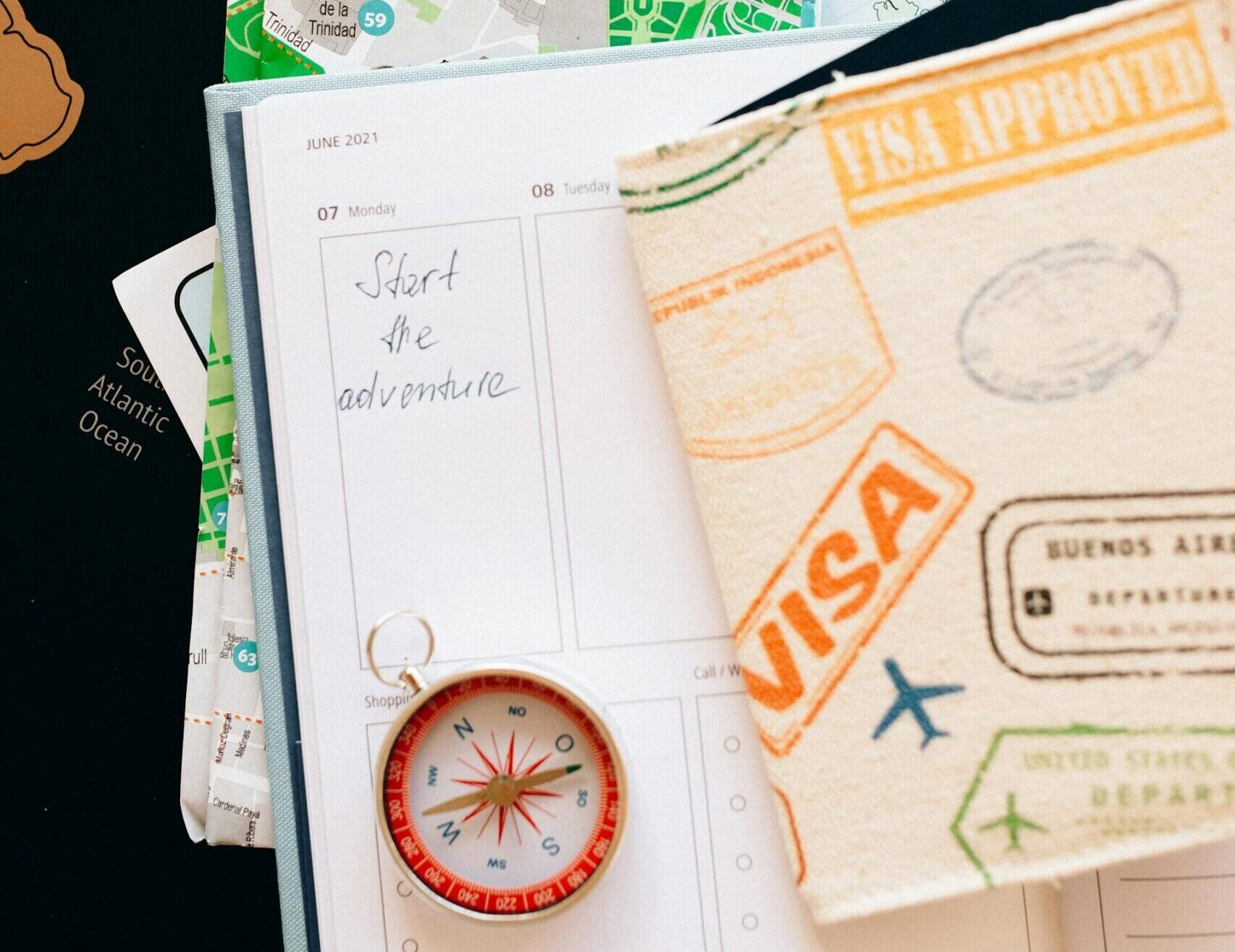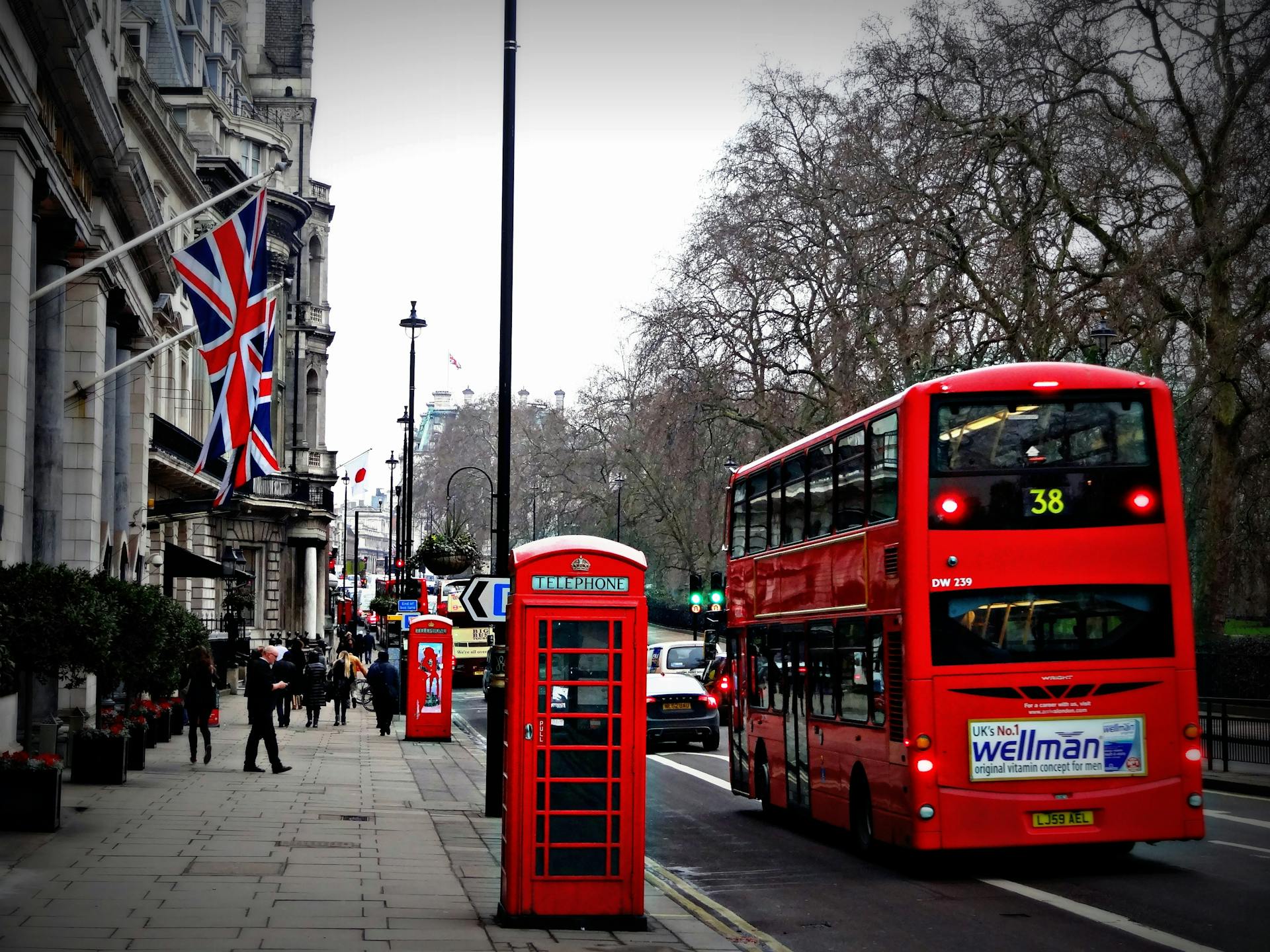
Self-sponsorship v Innovator Founder
Self-Sponsorship Visa vs Innovator Founder Visa: Which Route is Right for You? The United Kingdom offers a number of visa
A sponsor licence is essential for UK employers who wish to hire workers from outside the UK, including non-settled individuals. Without a sponsor licence, businesses cannot legally employ migrant workers under the UK immigration system.
By obtaining a sponsor licence, employers can issue Certificates of Sponsorship (CoS), which are required to confirm that the prospective employee meets the relevant criteria under the UK’s points-based immigration system.
There are four main types of sponsor licences. The type of licence you need depends on the category of workers you want to hire:
Designed for hiring skilled workers on a long-term basis. This is commonly used for roles such as healthcare professionals, engineers, and IT specialists.
Ideal for hiring workers on a short-term or temporary basis, such as charity workers, creative artists, or seasonal workers.
Global Business Mobility Sponsor Licence
Suitable for businesses transferring existing staff to the UK or expanding operations into the UK. This includes routes such as the Senior or Specialist Worker route.
Scale-Up Sponsor Licence
For fast-growing companies looking to recruit highly skilled workers to support their rapid business growth.
To successfully apply for a sponsor licence, your business must meet several requirements:
The Home Office requires documentary evidence to verify these criteria. In some cases, they may conduct a pre-licence compliance visit to assess your business practices, HR systems, and policies.
The following will happen if your application is approved:
Sponsors must comply with ongoing duties, such as maintaining accurate records, monitoring sponsored employees, and reporting changes to the Home Office. See Sponsor Licence Duties.
The Home Office can conduct a compliance visit to ensure that sponsors are fulfilling their duties.
If your application is refused, there is no right of appeal. However, you may be able to take the following actions:
Applying for a sponsor licence can be a complex process, but our expert team is here to help. We provide end-to-end support to ensure your application meets all Home Office requirements.
Contact us today for tailored advice and assistance with your sponsor licence application.

Self-Sponsorship Visa vs Innovator Founder Visa: Which Route is Right for You? The United Kingdom offers a number of visa

The UK government has introduced significant changes to British citizenship rules, particularly tightening the good character requirements for naturalisation. These

The Start-up visa route has closed to new applicants. In order to still be eligible for the visa, individuals would
Name:
Type:
View